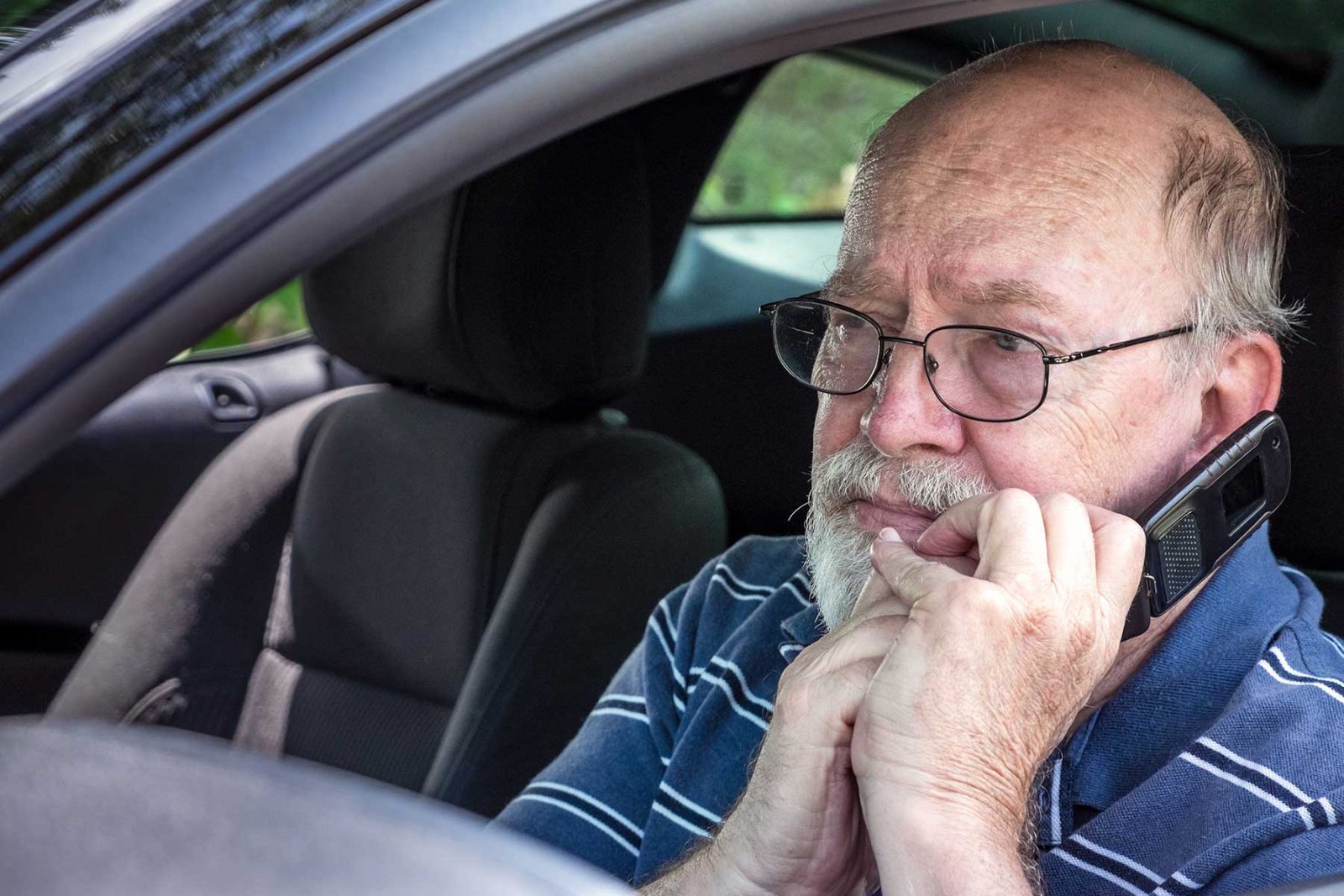How to break negative thought loops
We all worry at times, but what should you do when your thoughts spiral out of control into a negative thought loop?
Read moreSuicide is a complex issue and people may have different reasons for calling or chatting online.

The Suicide Call Back Service is a free suicide prevention hotline and online counselling service that helps people with a range of issues related to suicide.
When you call the suicide help number or initiate free online counselling you can talk to a professional counsellor (there are no volunteers) who is trained to help you address the pain, distress and concerns of suicide-related issues.
Suicide is a highly complex issue and you may have a variety of reasons for contacting the service. People experiencing suicidal thoughts (also called suicidal ideation) will often call, as will those wanting to discuss their concerns about another’s behaviour or suicidal thoughts. People will also call if they have lost someone to suicide and are grieving.
Suicide Call Back Service employs professional counsellors who will always attempt to assist someone in distress. However, if it is an emergency situation, it is always best to call 000.
The Suicide Call Back Service operates 24 hours a day, seven days a week. It is a national suicide line that is open to anyone living in Australia.
The service is a suicide hotline where you can talk about a range of topics. Here are some of the most common reasons why you might consider calling or chatting online.
Counselling help is available if you find yourself experiencing suicidal thoughts or are thinking about ending your life. For example, you can talk to a counsellor about how to make a suicide safety plan to help you stay safe if you’re feeling low, or how to respond in situations when you feel overwhelmed or believe that your life is out of control.
You can also talk to a counsellor if you are struggling after a previous attempted suicide or want to discuss less damaging alternatives to self-harm.
Knowing that someone close has been thinking about suicide can be highly distressing. If a friend or family member is in this situation then you could talk to a counsellor about how to support someone who is suicidal. If you’ve noticed that someone hasn’t been themselves lately then you could talk about signs that someone is suicidal.
It may be that you need help because you want to ask someone if they are suicidal or else are concerned about someone’s self-harming behaviour.
Situations like these can be understandably painful to discuss with the individuals involved and can be an source of intense distress and worry for you. A counsellor on a suicide helpline can help you cope and — very importantly — help you look after yourself during this difficult time.
The shock of losing someone to suicide is never easy. The experience can leave you with a range of complicated emotions that could range from anger to guilt. These feelings can come across as intense and may even seem contradictory, leaving you conflicted about what happened.
It is important to understand that it is normal to experience difficult thoughts after a suicide. Calling a suicide prevention hotline to talk to a counsellor about bereavement after suicide can be helpful.
The fact is, no two people respond in the same way. For example, the difficulties of supporting a child after a suicide will be different to the conversations that are part of supporting a teenager.
Remember, the consequences of suicide are far-reaching. Beyond the individual’s family and peers, every suicide death is thought to affect hundreds of people. Again, talking to a counsellor about these concerns can be helpful, whether it’s advice on identifying whether you (or someone else) should consider counselling support or learning about legal considerations following a suicide.
The Suicide Call Back Service suicide hotline operates Australia wide, 24/7, every day of the year. Call any time if you are concerned about suicide or need to talk to someone.
If you are feeling suicidal and need someone to talk to, call the Suicide Call Back Service on 1300 659 467 to speak to a counsellor.
If it is an emergency, please call 000.
We all worry at times, but what should you do when your thoughts spiral out of control into a negative thought loop?
Read more
A Crisis Assessment and Treatment Team (CATT) is a multi-disciplinary team that includes mental health nurses, social workers, clinical psychologists, and psychiatrists. CATTs are often based at a major hospital and provide help during a mental health crisis.
Read more
A suicide safety plan can help to keep you safe when you are low and feeling suicidal. Your safety plan will remind you of reasons to live and connect you with the people and services who can help during tough times.
Read more
Feeling suicidal can be an overwhelming and painful experience, but it is not something you have to bear alone. Asking for help is an important step towards getting the professional support you need.
Read more